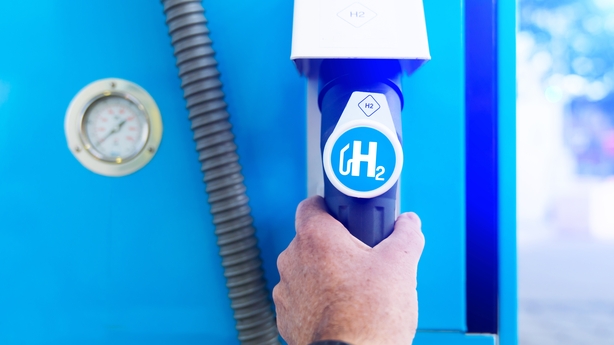The ban on the production of internal combustion engines (ICE) is due to come into force in 2035, but both Germany and Italy - producers of significant volumes of cars - have now said they want to accommodate the use of engines running on synthetic fuels.
The Financial Times is reporting that both countries "have blown apart" the EU plan "as the European car industry's heartlands mount a fightback against ambitious carbon goals." It also says Ferrari has refused to set date for producing cars with engines.

The use of a number of e-fuels in cars with engines - renewable hydrogen, for example - have been mooted as a viable alternative to electricity.
The German transport minister, Volker Wissing, this week said the country needed e-fuels "because there is no alternative to operating our existing fleet in a climate-neutral manner."
Automotive News Europe says talks between the EU and German officials are underway and Ursula von der Leyen was due to discuss the issue with the German Chancellor, Olaf Scholz, this weekend.
The European lobby group,Transport and Environment, responded to the division over the issue by saying cars running purely on e-fuel produce "significantly more" CO2 than electric cars; would emit as much nitrogen oxides as fossil-fuel vehicles and would cost drivers €10,000 more to run over a five-year period than electric cars.


